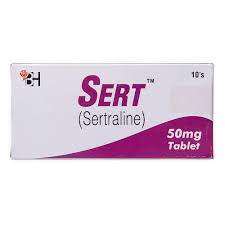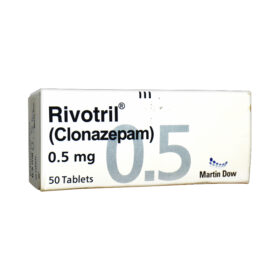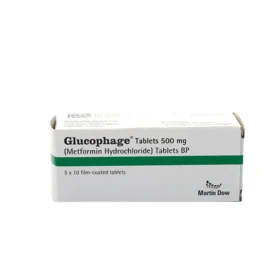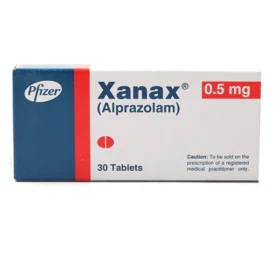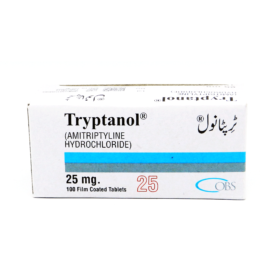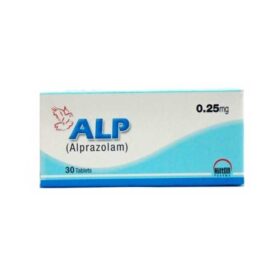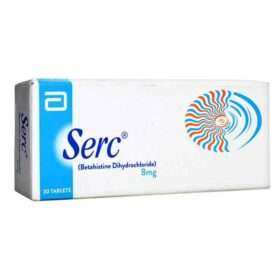- Your cart is empty
- Continue Shopping


Quibron-T/Sr 300Mg Tablets 100S
₨ 770
Out of stock
Quibron-T/Sr 300Mg Tablets 100S
₨ 770
Out of stock
SKU: Glaxosmithkline Pakistan
Category: Medicine
Tags: Aciditydawai pkdiagnosisDropsDrug FormularyDrug Therapydrugs in pakistandrugs online PakistandrugstoreDvagodvago.pkears dropseyes dropsfateh pharmahealthhealth care industryhealth policyhealthcareICI PAKISTAN LTDillnessimported medicine stores in karachiInjectionsMedicaremedicationMedication Deliverymedicine pakistanmedicines in pakistanmedicines pakistanmental healthNaproxennose dropsNSAIDonline drugsonline medicine prices in pakistanonline medicine store in pakistanonline medicine store Pakistanonline pharmacies pakistanonline pharmacyonline pharmacy karachiPain Managementpakistan medicinespakistan online medicinepakistan online pharmacypakistan pharmacypakistan pharmacy lahorePatient CarePharmacistpharmacy pakistanphysiciansprescriptionProxen 250mgProxen 250mg Tablets 30'sProxen Tab 250mg 30'sQuibron-T/Sr 300Mg Tablets 100Ssave mart rawalpindi online shoppingse hatsehatsehat pkshop for sale in model colony KarachispraystoresyrupTabletstablets in pakistanyour wellness expert.medihub
Related products
RIVOTRIL TAB 0.5 MG 50’S
₨ 80 – ₨ 400Price range: ₨ 80 through ₨ 400
Select options
This product has multiple variants. The options may be chosen on the product page
-13%
Glucophage Tab 500 MG 5×10’s
Serc Tablets 8mg 30’s
₨ 112 – ₨ 336Price range: ₨ 112 through ₨ 336
Select options
This product has multiple variants. The options may be chosen on the product page


